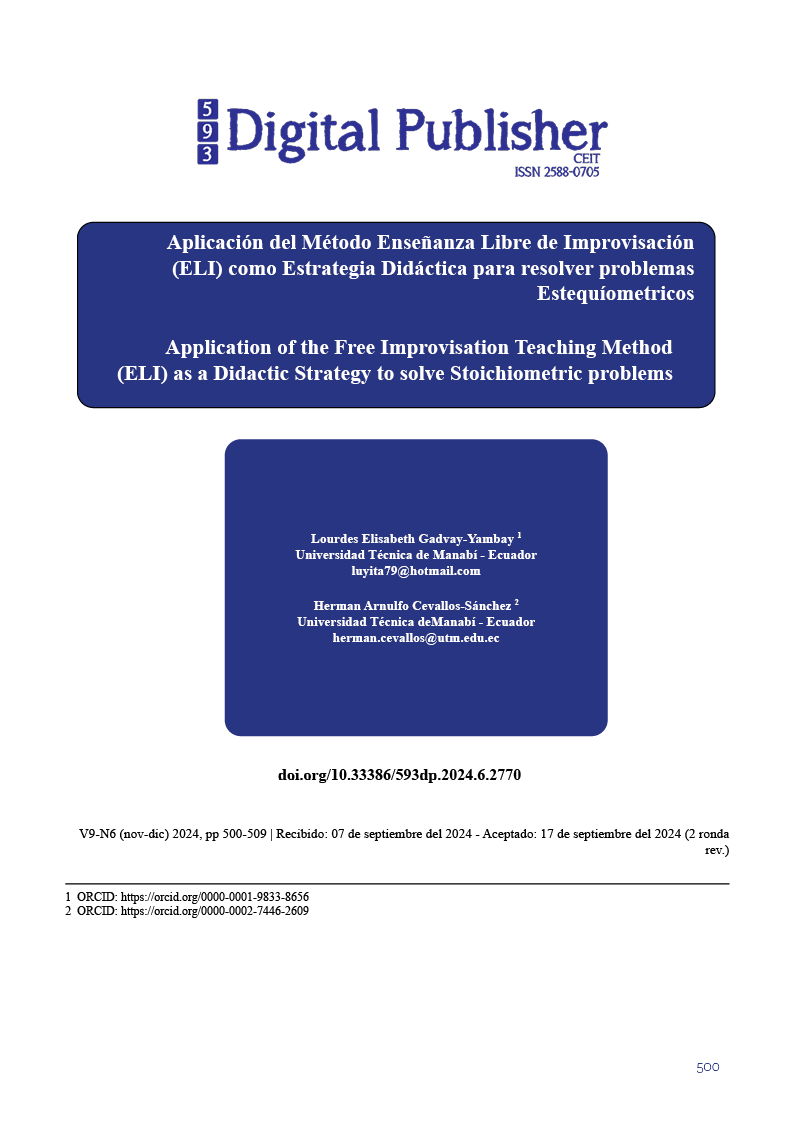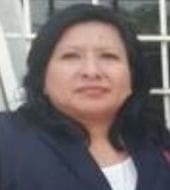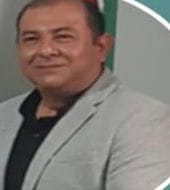Application of the Free Improvisation Teaching Method (ELI) as a Didactic Strategy to solve Stoichiometric problems
Main Article Content
Abstract
The research is based on the application and implementation of the ELI method as a teaching strategy for solving stoichiometric problems in chemistry, promoting collaboration, critical and creative thinking, and deep understanding of the concepts involved. With the purpose of developing problem-solving skills and building solid knowledge in chemistry. Reference is made to the importance of working with seven teaching moments, which are essential to achieve a deep understanding of the contents and the social construction of knowledge. A quantitative approach was used that combined a statistical, descriptive and quasi-experimental methodology. The objective is to apply the ELI method to improve the resolution of stoichiometric problems in the subject of chemistry. To achieve this objective, the survey was used and as an instrument a knowledge test, applied to 70 second-year high school students in the science specialty of the Remigio Geo Gómez Guerrero school. The results obtained are quantitative, for which a control group and an experimental group were created. the ELI method was applied to the experimental group, where 35 students who comprised, it raised their academic performance unlike the control group.
Downloads
Article Details

This work is licensed under a Creative Commons Attribution-NonCommercial-ShareAlike 4.0 International License.
1. Derechos de autor
Las obras que se publican en 593 Digital Publisher CEIT están sujetas a los siguientes términos:
1.1. 593 Digital Publisher CEIT, conserva los derechos patrimoniales (copyright) de las obras publicadas, favorece y permite la reutilización de las mismas bajo la licencia Licencia Creative Commons 4.0 de Reconocimiento-NoComercial-CompartirIgual 4.0, por lo cual se pueden copiar, usar, difundir, transmitir y exponer públicamente, siempre que:
1.1.a. Se cite la autoría y fuente original de su publicación (revista, editorial, URL).
1.1.b. No se usen para fines comerciales u onerosos.
1.1.c. Se mencione la existencia y especificaciones de esta licencia de uso.
References
Ahumada, J. (2021). La resolución de problemas estequiométricos como indicador del aprendizaje en química. Universidad Autonoma de Manizales, Colombia. https://repositorio.autonoma.edu.co/bitstream/11182/1254/1/Resoluci%C3%B3n_problemas_estequiom%C3%A9tricos_como_indicador.pdf
Fernández-García, P., Vallejo-Seco, G., Livacic-Rojas, P. E., & Tuero-Herrero, E. (2014). Validez Estructurada para una investigación cuasi-experimental de calidad. Anales de Psicologia, 30(2), 756–771. https://scielo.isciii.es/scielo.php?script=sci_arttext&pid=S0212-97282014000200039
Fluchaire, M. (2016). Método ELI en clase de español. https://es.slideshare.net/slideshow/metodo-eli-en-clase-de-espanol/57668691
Fonseca Espinosa, A., Curbeira Hernández, D., & Hernández Águila, A. O. (2019). La resolución de problemas químicos: una habilidad imprescindible en la formación de los ingenieros agrónomos en la Universidad de Cienfuegos. Revista Universidad y Sociedad, 11(3), 118-124.
Guevara, G. Verdesoto, A. Castro, N. (2020). Metodologías de investigación educativa (descriptivas, experimentales, participativas, y de investigación-acción). Revista científica mundo de la investigación y el conocimiento. Saberes del conocimiento. file:///C:/Users/Admin/Downloads/Dialnet-MetodologiasDeInvestigacionEducativaDescriptivasEx-7591592.pdf
Loaiza, J. González, K, (2022). Elaboración de una secuencia de enseñanza sobre estequiometría mediada por las prácticas experimentales para alcanzar un Aprendizaje Significativo Crítico a partir de una revisión bibliográfica. Universidad de Antioquia, Colombia. https://bibliotecadigital.udea.edu.co/dspace/bitstream/10495/29420/2/LoaizaJose_2022_SecuenciaASCEstequiometr%C3%ADa.pdf
Moreno, C. (2023). El método ELI para el diseño de situaciones de aprendizaje. https://redsocial.rededuca.net/node/15867
Obando, S. (2013). Implementación de estrategias didácticas para la enseñanza de la estequiometría en estudiantes del grado once de enseñanza media (tesis maestría). Universidad Nacional de Colombia, Colombia. http://bdigital.unal.edu.co/10308/1/36758490.2013.pdf.
Parga, D. Piñeros, G. (2018). Enseñanza de la química desde contenidos contextualizados. Educación química versión impresa ISSN 0187-893X. Educ. quím vol.29 no.1 Ciudad de México ene. 2018, https://www.scielo.org.mx/scielo.php?script=sci_arttext&pid=S0187-893X2018000100004
Raviolo, A. Lerzo, G. (2016). Enseñanza de la estequiometría: uso de analogías y comprensión conceptual. Educación química. Versión impresa ISSN 0187-893X. Educ. quím vol.27 no.3 Ciudad de México jul. 2016. https://www.scielo.org.mx/scielo.php?script=sci_arttext&pid=S0187-893X2016000300195
Rodríguez, A. (2018). El método ELI una alternativa que no deja atrás el gran acontecimiento de la evaluación. ELI: Enseñanza Libre de Improvisación. Investigación.
Ruiz, A. Delgadillo, P. (2023). La utilización del método ELI: Caso práctico en el Centro Universitario UAEM Valle de México. Revista Electrónica sobre Cuerpos Académicos y Grupos de Investigación. https://mail.cagi.org.mx/index.php/CAGI/article/vie/287/556
Sánchez, A., y Murillo, A. (2021). Enfoques metodológicos en la investigación histórica: cuantitativa, cualitativa y comparativa. In Debates por la Historia (Vol. 9, Issue 2). https://doi.org/10.54167/debates-por-la-historia.v9i2.792
Sánchez, V., Aguilar, A., Vaqué, C., Milá, R., y González, F. (2016). Diseño y validación de un cuestionario para evaluar el nivel de conocimientos generales en trastornos del comportamiento alimentario en estudiantes de ciencias de la salud. Atencion Primaria, 48(7), 468–478. https://doi.org/10.1016/j.aprim.2015.09.008
Sando, B. (2021). Conference, Conference, Conference!!! In Journal of Stomal Therapy Australiafile (Vol. 31, Issue 2). https://civinedu.org/wp-content/uploads/2022/11/CIVINEDU2022.pdf
Vargas, K. Quintero, Y. Narvaéz, L. Dificultades en el Aprendizaje del Concepto Estequiometría en estudiantes de Licenciatura en Ciencias Naturales y Educación Ambiental de la Universidad Surcolombiana de Neiva, Huila. Revista latinoamericana de educación científica, crítica, y emancipadora, ISSN 2954-5536. file:///C:/Users/Admin/Downloads/Art_Inv_5_Dificultades_Aprendizaje_Concepto_Estequiometr%C3%ADa_Neiva_Huila%20(1).pdf
Vázquez, N. Palacios, O. (2019). Enfoque desarrollador de la disciplina química general en la formación del profesor de química. Revista Caribeña de Ciencias Sociales (julio 2019). https://www.eumed.net/rev/caribe/2019/07/formacion-profesor-quimica.html



